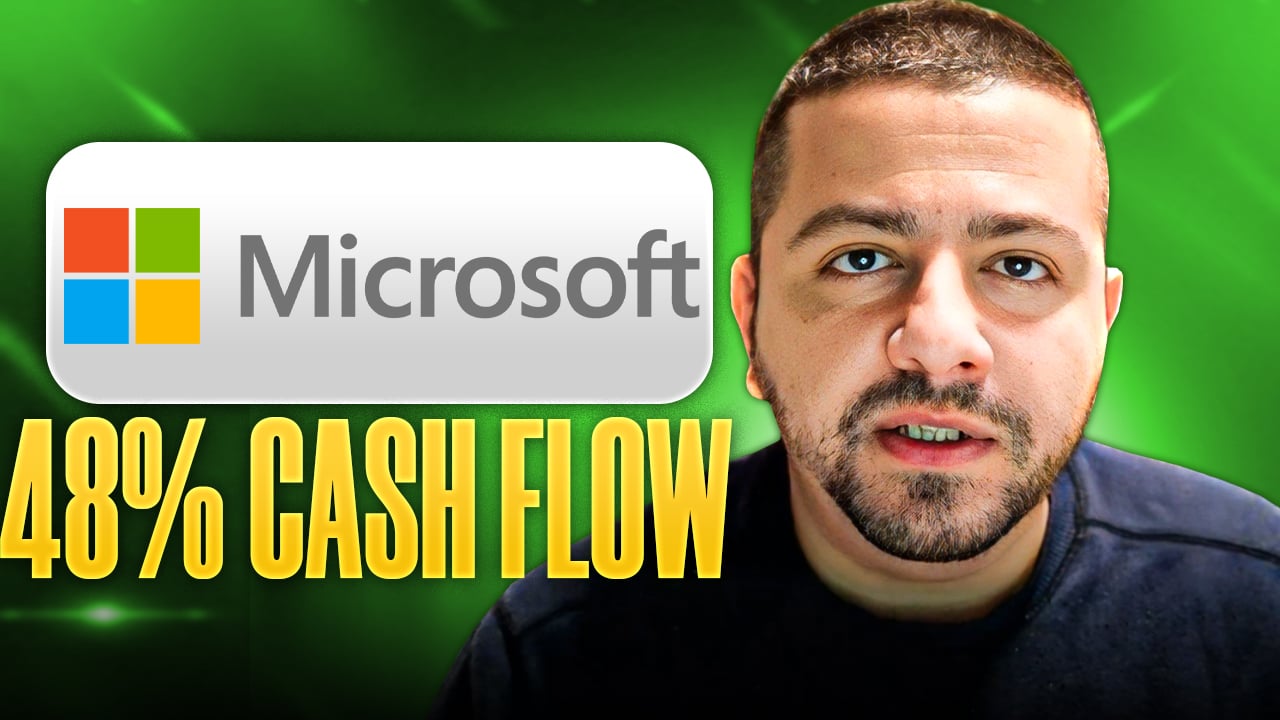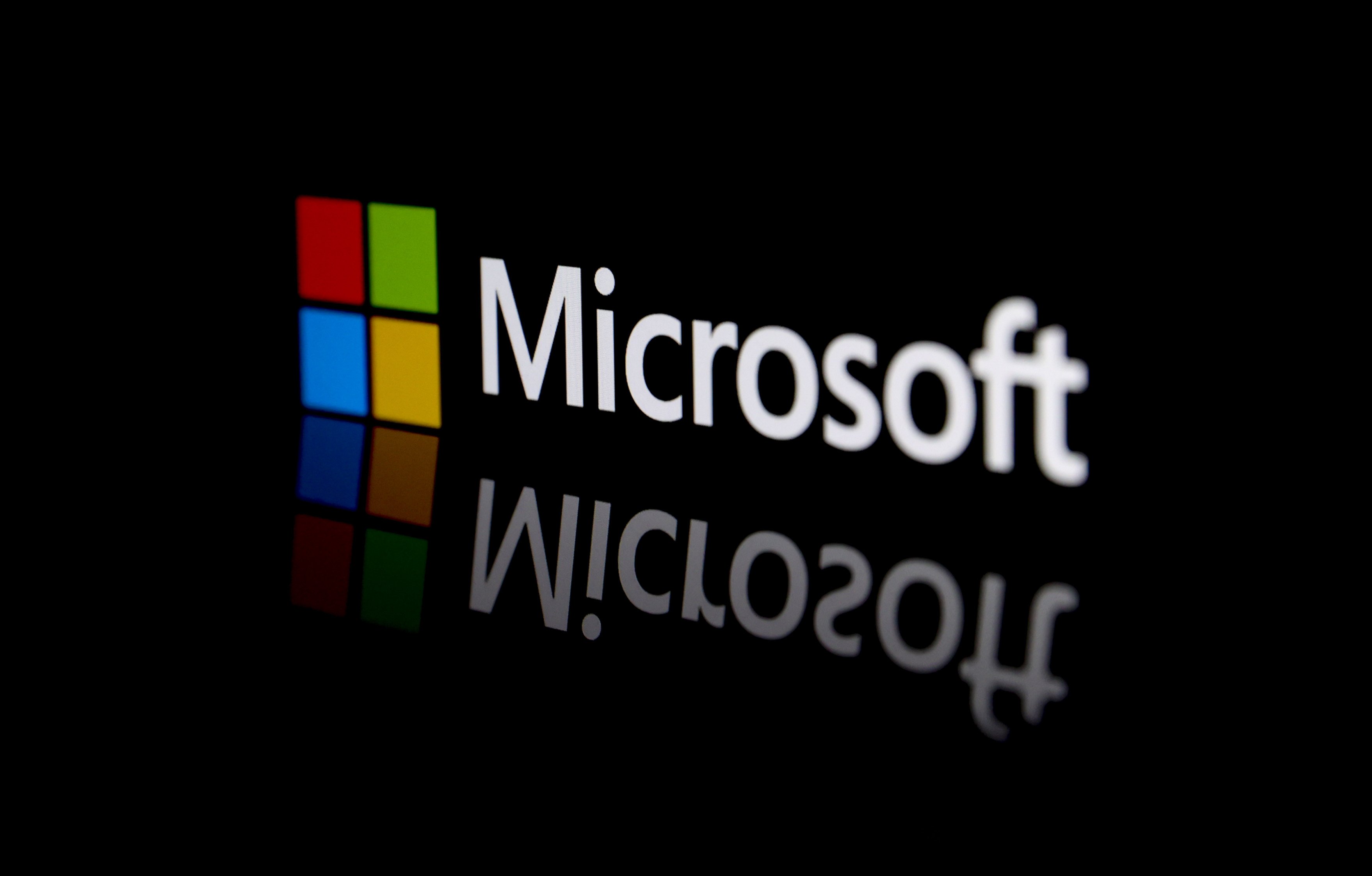It's no secret that Microsoft (MSFT +0.45%) is betting big on mobile, as its $7.2 billion deal for Nokia's (NOK +1.45%) devices and services unit confirms. However, even as Windows Phone OS usage slowly but surely climbs around the globe, nearly all of that growth comes from one place: Nokia.
With about 90% of the Windows Phone market, Nokia is firmly entrenched as the focal point of Microsoft's mobile plans going forward, and that's how it should be. But to really make an impact on the worldwide smartphone OS market, Windows Phone needs to find itself a few more alternatives beyond Nokia. As with Google and its massive Android OS market share, Windows Phone will drive ancillary revenues whether it's loaded on an in-house manufactured unit or not.
What's in it for Microsoft?
There are several reasons the inclusion of Windows Phone OS on as many units as possible makes sense for Microsoft. Increased revenues from users kept inside the Microsoft network, whether by ads on its Bing search engine or Xbox Music Passes, can work wonders for Microsoft just as the same strategy did for Google. Also, Windows Phone could help drive sales of other products, like Office 365's annual subscription service, as users shop for tablets or desktops that are compatible with their smartphones.
Another possibility is that the more Windows Phone OS smartphones there are, the greater likelihood that users will migrate to a Microsoft-Nokia phone when it comes time to upgrade. Becoming familiar with the OS is half the battle when trading up for a new smartphone, and making that transition easy is sure to sway some customers.
Rumors surrounding Phone OS
On the non-Nokia Windows Phone front, there are two smartphone manufacturers rumored to be in discussions about loading Microsoft's OS on some of their units. Sony (SNE 0.58%) and Microsoft aren't strangers to partnering phones and operating systems, having first teamed up in 2008 -- though the good feelings didn't last long, and only one phone was actually released.
Now it appears Sony and Microsoft have returned to the discussion table. From Sony's perspective, after parting ways with Microsoft several years ago, it has become an Android-only manufacturer. Just as it's important for Microsoft to spread its OS wings, Sony could also benefit from offering multiple phones with alternative operating systems.
As Sony's head of Mobile Europe Pierre Perron said, "We don't want to be a single OS manufacturer, I don't think it's a viable position in the long term." Perron added that Sony's enjoyed a nice run with Google, "[b]ut at the same time, Google has a relationship with direct competitors."
As noted, Nokia dominates sales of Windows Phone, with Taiwan's HTC a distant second with 7% of the market, followed by smartphone king Samsung (NASDAQOTH: SSNLF) and its paltry 1.8% Phone OS share. Like Sony, Samsung's focus is almost exclusively on mobile devices running Android. But if rumors and leaked pictures are any indication, Samsung may want to expand its OS horizons, too.
Even after lowering sales expectations for this year after a disappointing Q4, Samsung still expects to sell about 330 million smartphones in 2014. That's a lot of opportunity at a time Microsoft's mobile efforts are really gaining some traction.
Final Foolish thoughts
This is shaping up to be quite a year if you're a Microsoft fan. And why not? A forward P/E of 12.7, a dividend yield of 3.05%, exploding cloud and big data revenues, and new traction in the mobile OS market are all positive signs for a breakout year. If it takes a helping hand from the likes of Samsung and Sony, so be it: Microsoft shareholders certainly won't mind.






